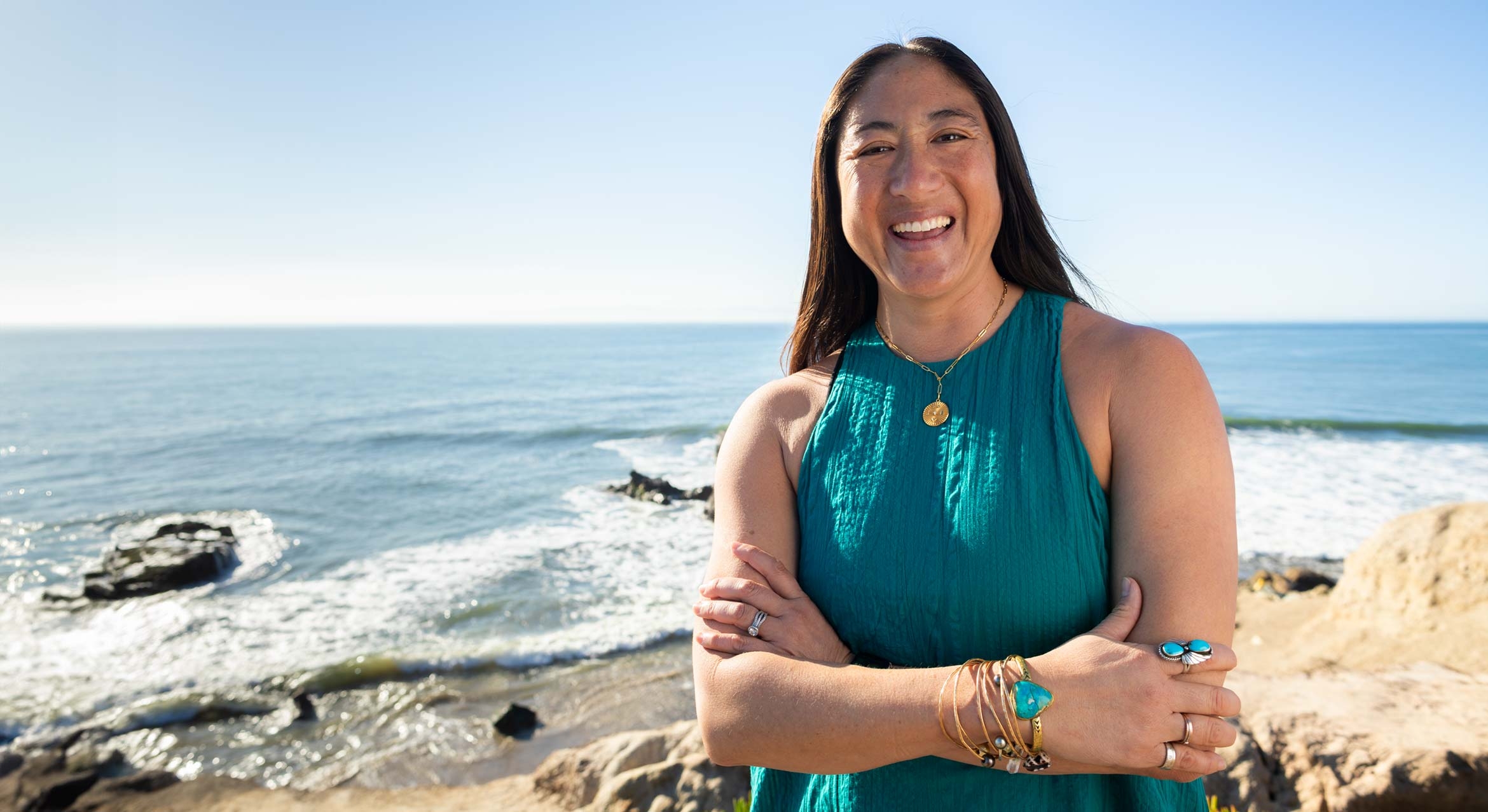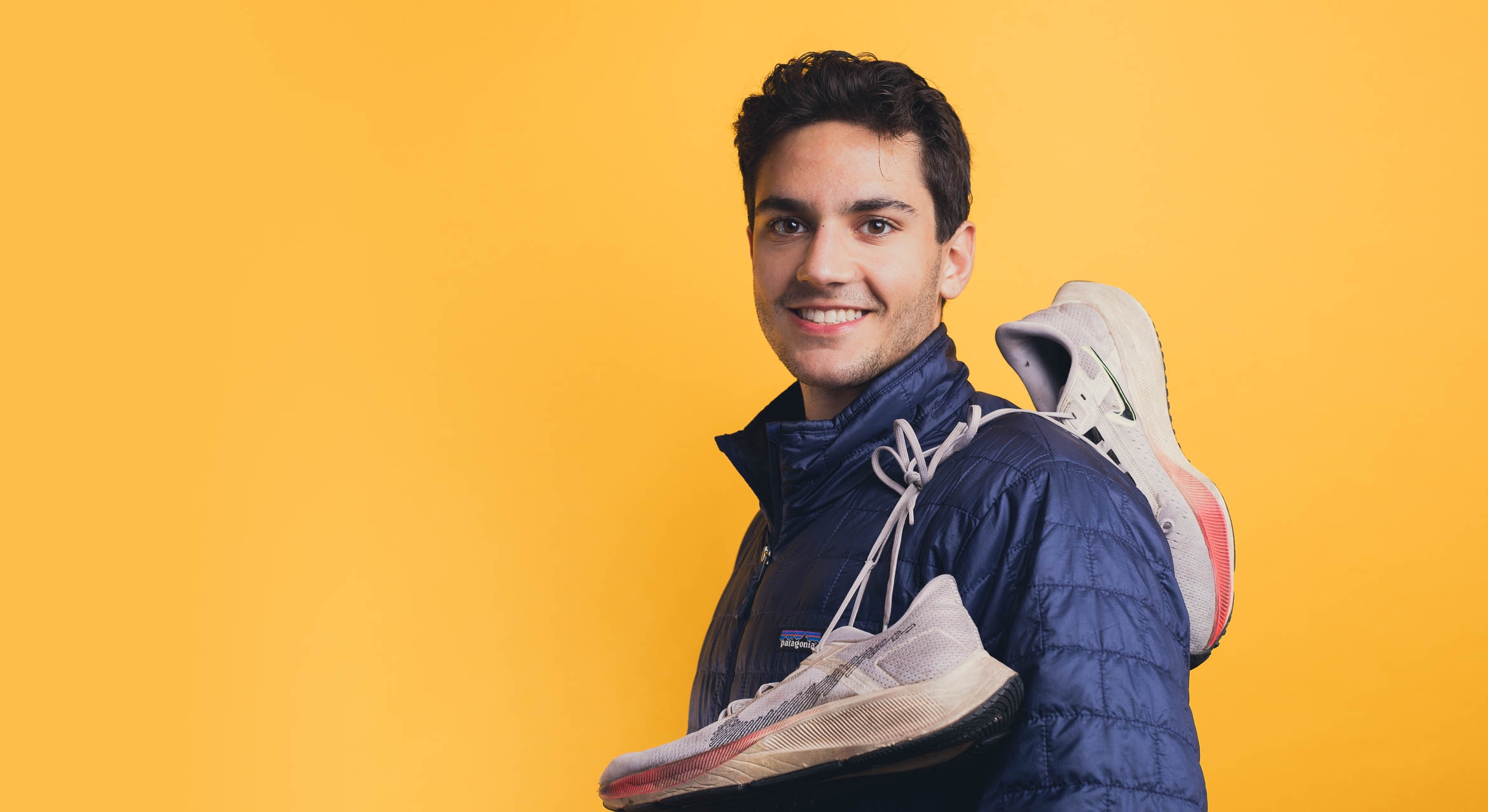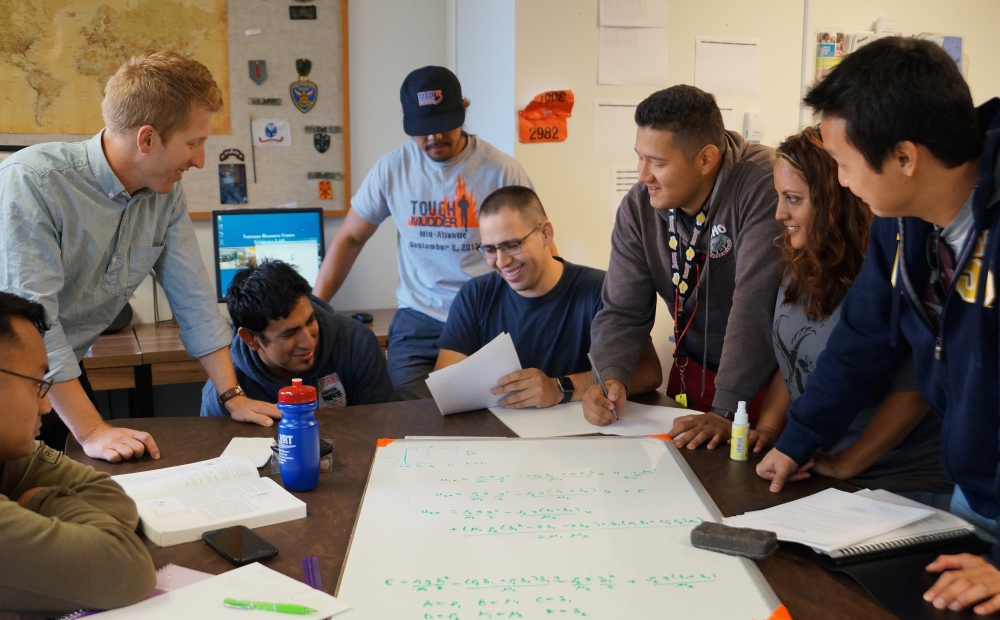
Commitment to Service
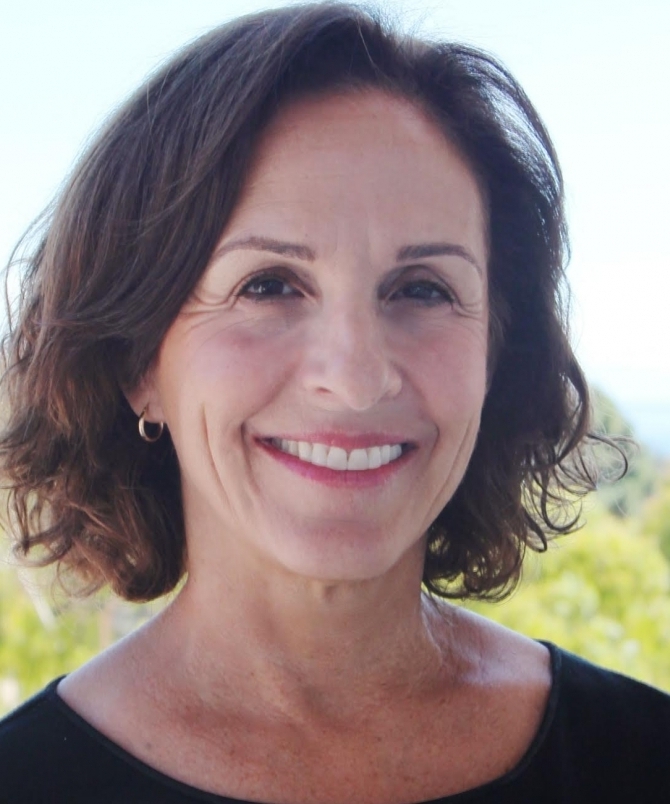
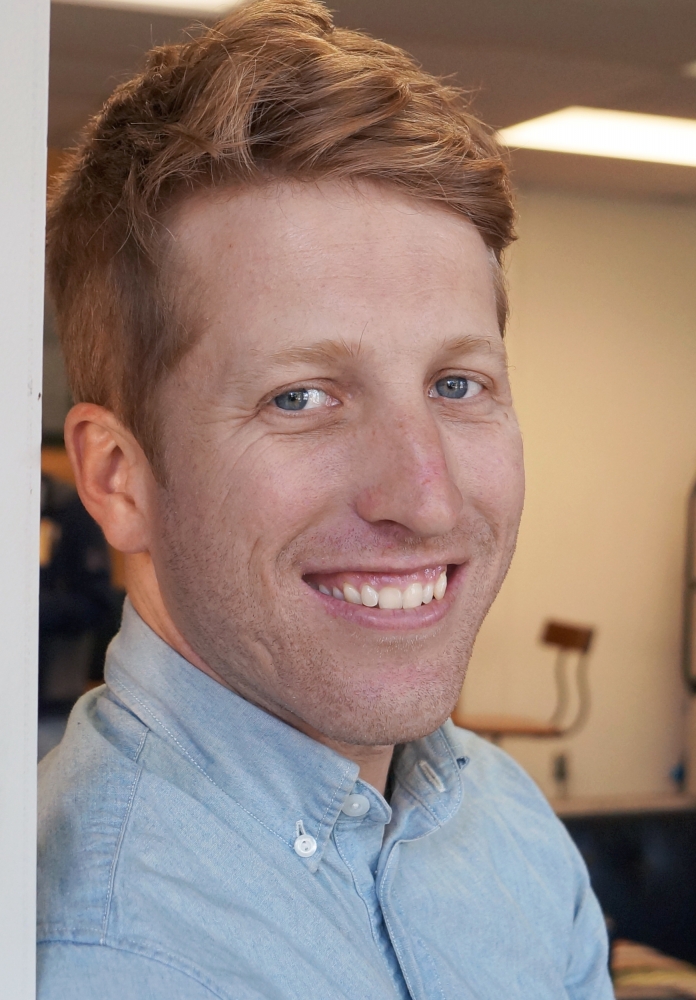
For people with no military experience, the transition from serving on a base to studying on a university campus might seem natural, even easy. It’s moving from one large organization that rewards discipline and hard work to another.
But veterans and the people who work with them will tell you differently. “Transitioning from military life into civilian life, and being in a university campus environment, can be quite challenging for student veterans, who are older than most other undergraduates and who have had experiences that set them apart from other students and from faculty,” said Susan Derwin, director of UC Santa Barbara’s Interdisciplinary Humanities Center (IHC). She teaches a writing course for veterans and their dependents.
At UCSB, helping student veterans make the transition is a multipronged effort to bring administrative, academic, financial and social services to the campus’s 135 veterans and military service members. Nearly all those services are administered by the university’s Veterans Resource Center (VRC), led by Kevin Hagedorn, an Army vet who served with the 2nd Ranger Battalion in Iraq and Afghanistan. As veteran and military coordinator for the VRC, he oversees comprehensive resources to services on and off campus.
An Ongoing Process
“Most of our veteran students are transferring into UCSB as juniors, are not from the area and are arriving with very little information about what’s available to them,” Hagedorn explained. “Because of this we can’t let orientation be a one-time event when a student shows up for the first time.” Instead, the campus views orientation as an ongoing process.
With a staff of veteran peer support specialists who reach out to incoming students early on and then follow up with them throughout their time here, UCSB offers continuing support. Among other things, the VRC hosts workshops and brings in specialists to help veterans get connected to benefits and assistance. And it’s not only important to connect with benefits and services, Hagedorn noted. “Without a center where people feel comfortable hanging out it is really difficult for vets to connect with one another since it is an invisible identity. You could be sitting right next to someone in class who served in the same unit and you wouldn’t even know it. So, seeing veteran students develop meaningful friendships with one another that they wouldn’t have without the VRC is really amazing.”
Don Lubach, one of two Veterans Resource Team coordinators, said team meetings are often packed with staff veterans, faculty members and other students who are eager to help student veterans succeed. Often, he noted, support is a two-way street.
“The veterans themselves are grateful for our support but seem most interested in helping all of us,” said Lubach, associate dean for first-year and graduate initiatives. “They are so service-minded that they constantly seek opportunities to support their fellow students and the wider veteran community.”
Writing Workshops
Among the innovative programs for veterans at UCSB is a creative writing workshop for student vets and their families, which Derwin of the IHC founded in 2012. The workshop gives veterans a means of sharing their experiences with people who understand military culture. In June 2015 the IHC hosted the first annual UC Student Veterans Summer Writing Workshop, a five-day event that gave student veterans from across the UC system the opportunity to share their stories and experiences with their peers.
“I wanted to provide a space in which veterans could come together to write about their military experiences,” Derwin explained. “As a result, they can be supportive of one another through the process of exploring their thoughts and feelings about the military and about transitioning back to civilian life.
“Writing also helps the students discover what their military service has meant to them and to the other people in their lives,” she continued. “One student said to me that in the classes he took before the workshop, he felt like an intruder in the middle of the room, but in this class he felt at home. It helped him knowing that others veterans on campus were having struggles similar to his own.”
‘Liberating' stories
The students’ writings are as varied as their experiences. Paul Malone, an Army veteran who is a student in the Master of Technology Management program in the College of Engineering, called the workshop “liberating” because it allowed him to write in a way that was more philosophical than what he would express verbally.
“One essay, I tried to imagine what a normal day looked like for an Afghan boy whose memory has likely allocated the image of my face for the rest of his life,” Malone recalled. “I wrote about the stark culture differences between ‘us and them,’ about my feelings toward the politics of the war and what I enjoyed about my job.”
Victor Orta, who graduated from UCSB in 2010 with a bachelor’s degree in sociology degree, wrote a visceral story about surviving a blast from an improvised explosive device (IED) while on patrol in Iraq in 2005. He was an Army cavalry scout south of Baghdad when his convoy was struck. His story, “A Common Occurrence,” examines the experience from multiple viewpoints.
“The writing workshop was something that I felt that allowed me to actually express and let out some of the emotions that I was feeling that have been trapped for a long time,” said Orta, who works for the Social Security Administration in Santa Barbara. “It actually helped in a way that I didn’t know it would. There is something about just putting those thoughts and memories on paper; it is like once they are written, you own them now.”
The workshops’ stories aren’t just helping veterans, Derwin noted. Writing them down makes it easier for the vets to talk to classmates and others about their time in the military, which helps them feel more connected to their peers. “Another outcome of the workshop is that when the veterans share their experiences, they educate the community; people come to recognize and appreciate the talents, skills and achievements of this extraordinary group of students who have served the country,” she said.
Many of the veterans’ stories have been published in an online journal, Instant Separation. It can be found at www.instantseparation.org.
